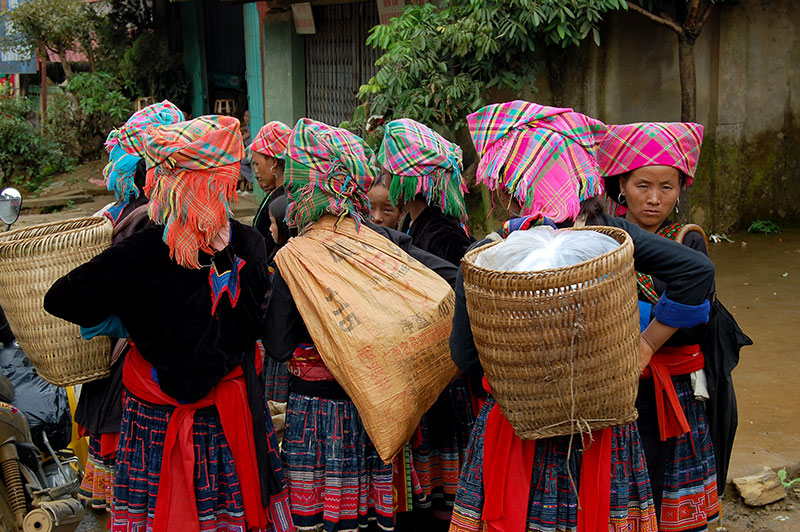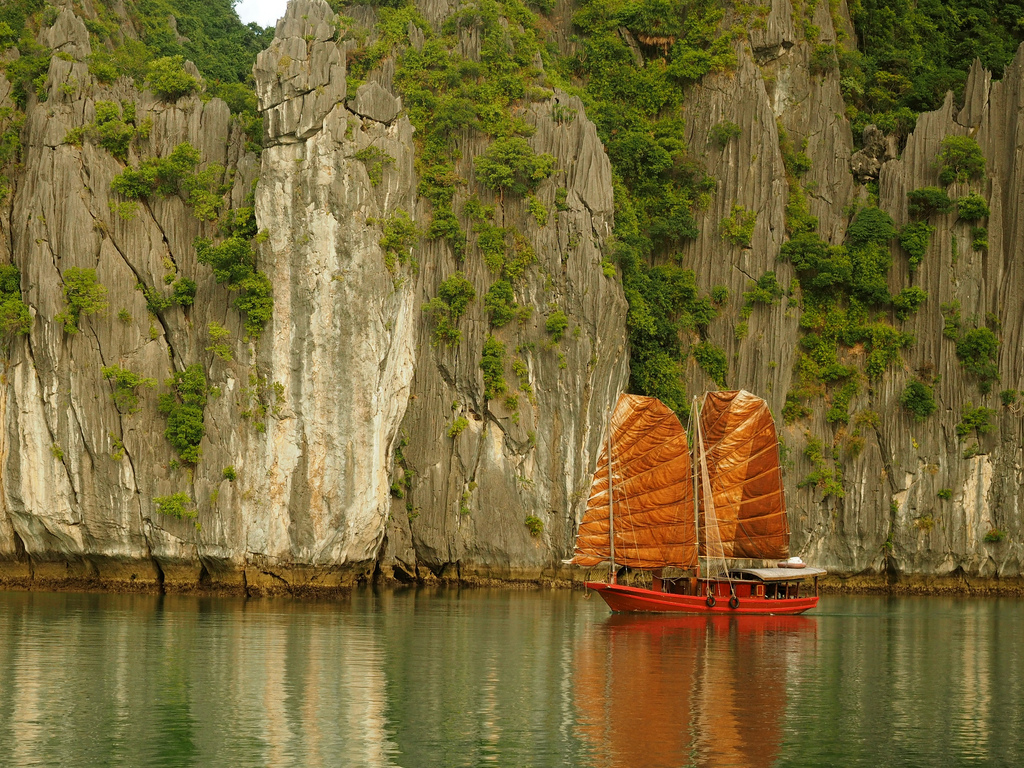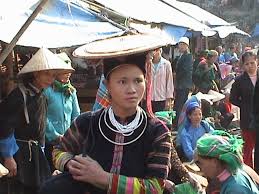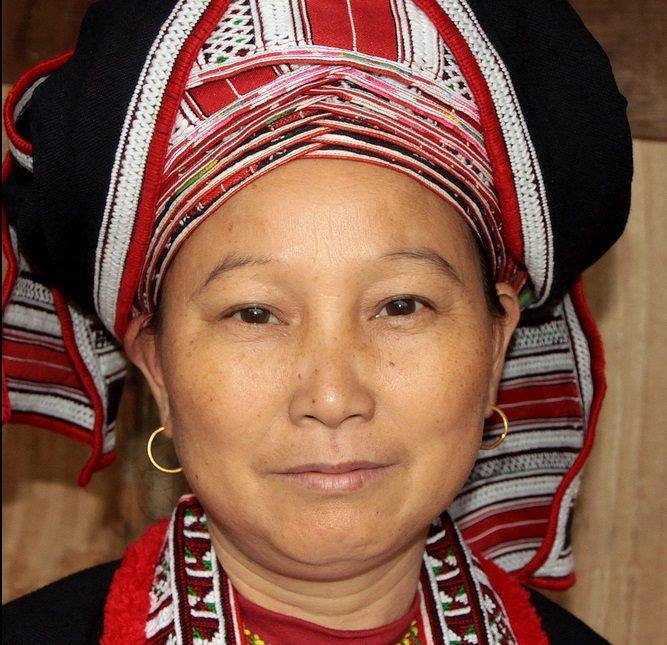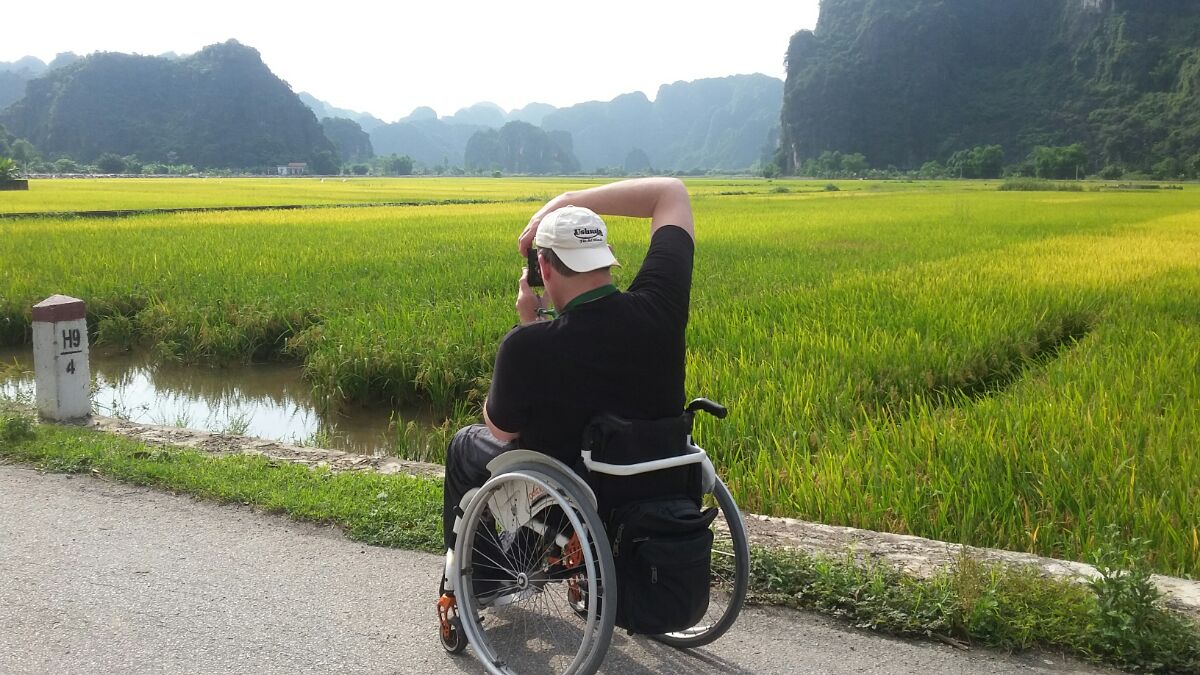Down south, Culas ecommends Ho Chi Minh City, or Saigon, in Vietnam’s south. “There’s the day trips to the Mekong and a great city tour by wheelchair,” he says, adding that there are delta accessible hotels. “And there’s a ferry they can take to an island.”
Other highlights, Culas says, are the war museum and a café where Vietnamese men take their birds for travelers to visit with and pet.
Far north, the terrain is a little more rugged, but with the right guide, travelers with disabilities will be able to see Ho Chi Minh laying in state and B52 Lake. Just a few kilometers out of Hanoi, the landscape turns pastoral, with flat, bucolic agriculture between the natural karsts. The famed Halong Bay, is where travelers can cruise to Ninh Binh among the stark karsts in a boat with direct access to the outside deck.
The Game on the Ground
Culas came to the world of travel for disabled patrons when she first came across a potential travel client. “I looked online and all of these hotels said they were accessible, and then I went there and they weren’t. They really weren’t.”
“You would go there to check and there would be a big flight of stairs and they would say, ‘It’s okay, we can get someone to carry you up.’” Culas says. “But people don’t want that. They want to be independent – to be on their own, to have their own shower, and their own room.”
New Takes on Old Problems
Some are classed as “slow walkers,” often elderly clients that require the attention of professional carers, but without need of a chair. “The professional guides are trained to cope with the physical and mental problems of traveling. But, no, they are not nurses.”
For travelers to Vietnam and elsewhere in Asia, Culas recommends using a manual wheelchair if possible. “It’s not necessary, but it can be helpful with the shape of the roads and other things.” Certain areas of Asia are more accessible than others.
“The only problem for Vietnam is that sometimes [Vietnamese] people can be too helpful,” Culas says. “You might not want their help but they always smile and give it anyway.”






